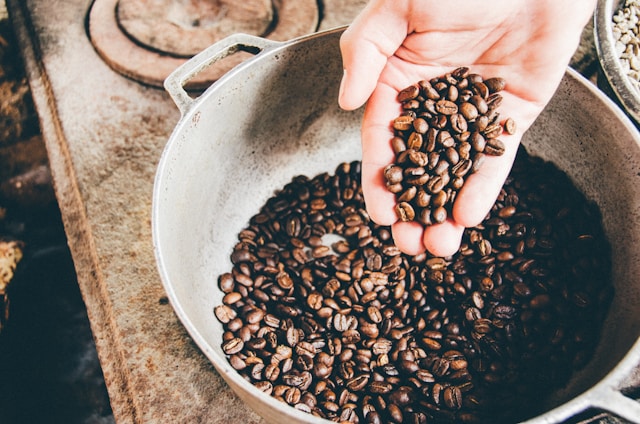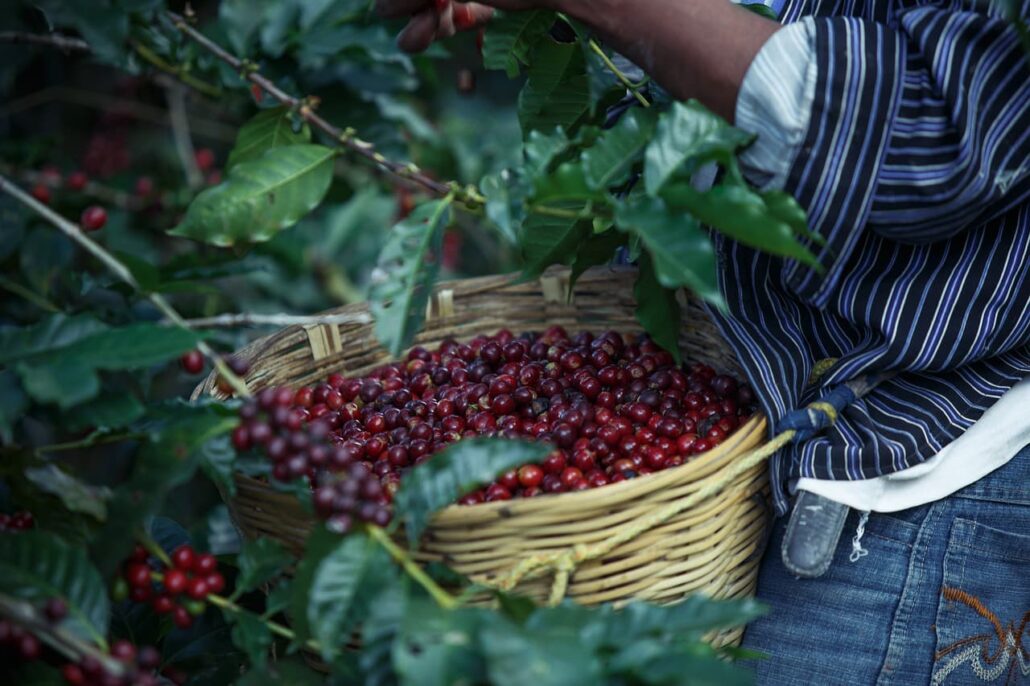
Introduction
Sri Lanka, known for its lush tea plantations, has a lesser-known but equally rich history with coffee. The island nation’s coffee culture dates back centuries, intertwining with its colonial past and modern-day revival efforts. This article delves into the history and cultural significance of Sri Lankan coffee, highlighting key milestones and contemporary influences.
The Early Days: Coffee’s Arrival in Sri Lanka
Coffee was introduced to Sri Lanka (then Ceylon) by the Dutch in the 17th century, but it was under British colonial rule in the 19th century that coffee cultivation truly flourished. The favorable climate and fertile soil in the central highlands made it an ideal location for coffee plantations.
“Sri Lanka’s coffee industry boomed in the 1800s, transforming the island into a significant coffee exporter,” notes historian Dr. Michael Roberts.
By the mid-19th century, coffee had become the backbone of the Sri Lankan economy, with large plantations spreading across the central highlands. This period marked the peak of coffee production, bringing prosperity to the island.
The Devastating Leaf Rust Epidemic
The flourishing coffee industry faced a severe setback in the 1860s when a fungal disease known as coffee leaf rust (Hemileia vastatrix) devastated the coffee plantations. The epidemic led to a dramatic decline in coffee production, causing many planters to abandon coffee in favor of tea.
“The coffee leaf rust epidemic was a turning point, leading to the rise of tea as Sri Lanka’s primary crop,” explains agricultural expert Dr. Lakshmi Silva.
This shift from coffee to tea marked the beginning of Sri Lanka’s prominence in the global tea market, overshadowing its coffee heritage.
The Revival of Sri Lankan Coffee
In recent years, there has been a resurgence of interest in Sri Lankan coffee. Local farmers and entrepreneurs are reviving traditional coffee cultivation, focusing on high-quality, specialty coffee. This revival is driven by a growing global demand for diverse coffee profiles and a renewed appreciation for Sri Lanka’s unique coffee heritage.
“Reviving coffee cultivation not only preserves an important part of our history but also offers economic opportunities for local farmers,” says entrepreneur Nimal Perera, founder of a specialty coffee brand in Sri Lanka.
The resurgence of Sri Lankan coffee is also supported by government initiatives and international collaborations aimed at promoting sustainable farming practices and improving coffee quality.
Cultural Significance of Coffee in Sri Lanka
Beyond its economic impact, coffee has a deep cultural significance in Sri Lanka. Traditional coffee preparation methods and communal coffee drinking rituals are integral to the social fabric of many communities.
“In many rural areas, coffee drinking is a communal activity, fostering social bonds and cultural continuity,” observes anthropologist Dr. Anjali Fernando.
The traditional Sri Lankan coffee, known locally as “Kopi,” is often brewed strong and sweet, served in small cups, and enjoyed during social gatherings. This ritual reflects the hospitality and warmth characteristic of Sri Lankan culture.
Modern Coffee Culture in Sri Lanka
Today, Sri Lanka’s coffee culture is evolving, blending traditional practices with contemporary trends. The rise of coffee shops and cafes in urban areas reflects the growing popularity of coffee among younger generations.
“The modern coffee culture in Sri Lanka is a fusion of traditional and contemporary influences, catering to diverse tastes,” notes barista and cafe owner Ayesha Jayasinghe.
Specialty coffee shops are introducing consumers to a variety of brewing methods, from pour-over to espresso, highlighting the versatility and richness of Sri Lankan coffee. These cafes also serve as cultural hubs, promoting local art, music, and literature.
The Global Impact of Sri Lankan Coffee
Sri Lankan coffee is gaining recognition in international markets, with specialty coffee brands showcasing the unique flavors of the island’s coffee beans. The diverse microclimates and rich soil contribute to the distinct taste profiles, making Sri Lankan coffee a sought-after commodity among coffee connoisseurs.
“Sri Lankan coffee offers a unique flavor profile that stands out in the global market, characterized by its richness and complexity,” says coffee importer Martin Smith from https://22bet.cz/.
Exporting high-quality, specialty coffee not only boosts the local economy but also puts Sri Lanka back on the map as a notable coffee-producing country.
Challenges and Future Prospects
Despite the promising revival, the Sri Lankan coffee industry faces challenges such as climate change, pests, and the need for sustainable farming practices. Addressing these issues requires continuous support from the government, investment in research and development, and collaboration with international coffee organizations.
“Ensuring the sustainability of coffee farming is crucial for the long-term success of the industry,” emphasizes environmental scientist Dr. Ruwan Wijesinghe.
Future prospects for Sri Lankan coffee are bright, with increasing global interest and local initiatives aimed at promoting sustainable and high-quality coffee production. By preserving its rich coffee heritage and embracing innovation, Sri Lanka can reclaim its place in the global coffee landscape.
The journey of Sri Lankan coffee from its colonial past to its modern revival is a testament to the island’s resilience and adaptability. As the world rediscovers the unique flavors of Sri Lankan coffee, it not only honors a rich heritage but also supports sustainable economic development for local communities.
“Sri Lankan coffee is more than just a beverage; it is a symbol of our cultural heritage and a driver of social and economic progress,” concludes historian Dr. Michael Roberts. As Sri Lanka continues to cultivate and celebrate its coffee culture, it offers a rich and flavorful legacy for future generations to enjoy.


